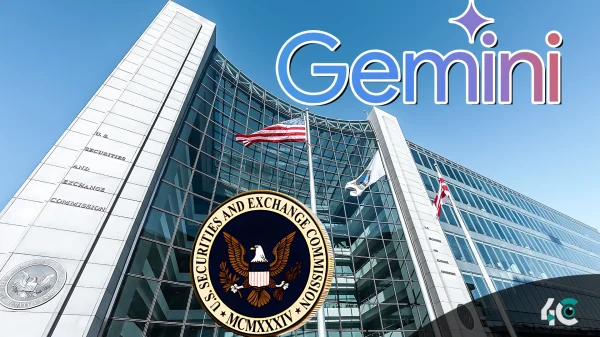As Ireland gets ready for the European Union’s forthcoming anti-money laundering (AML) and counter-terrorism funding measures, it is moving quickly to create new rules for cryptocurrencies. Emphasizing the importance of updating present cryptocurrency legislation before the EU rules take effect on December 30, 2024, Finance Minister Jack Chambers told the Irish cabinet of the urgency.
Although the legislative specifics are still under wraps, the EU’s new AML rules would greatly empower financial intelligence agencies by allowing them additional power to track and stop dubious transactions. These guidelines will also ban cash transfers at 10,000 euros ($10,850) and set more reporting obligations for bitcoin exchanges. Moreover, the legislation would enforce fresh reporting requirements for high-value transfers and boost investigation of significant bitcoin transactions.
The European Commission clarified that these AML rules will complement already in place in June 2023 laws, including the Markets in Crypto-Assets Regulation (MiCA). MiCA aims to ensure transparency and oversight in cryptocurrency transactions, thereby positioning Europe as a leader in implementing innovative and secure solutions.
With the Central Bank of Ireland approving 15 virtual asset service providers, including Gemini, Ripple, and Coinbase, by mid-2024, Ireland is gradually becoming a hub for large crypto companies. But the emergence of digital asset firms begs questions regarding the possibility for financial crime and money laundering.
Ireland understands the need to protect its economy from money laundering and terrorism funding as it boasts a strong financial services industry. With a quick response, the nation hopes to keep its leadership in financial innovation while aligning itself with the larger European framework.














































